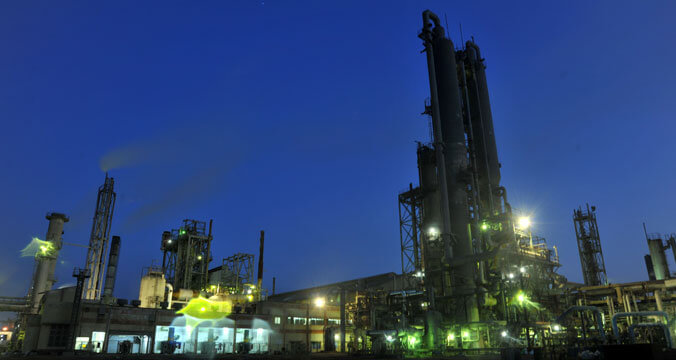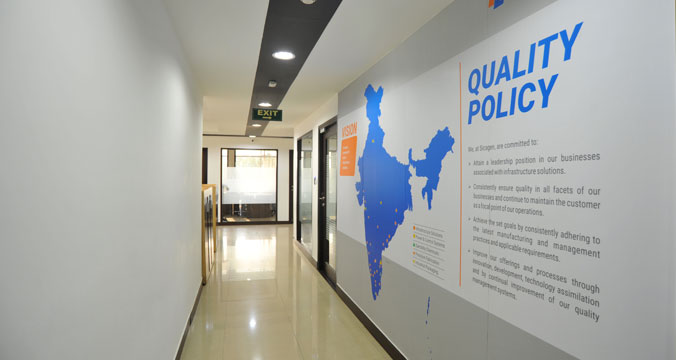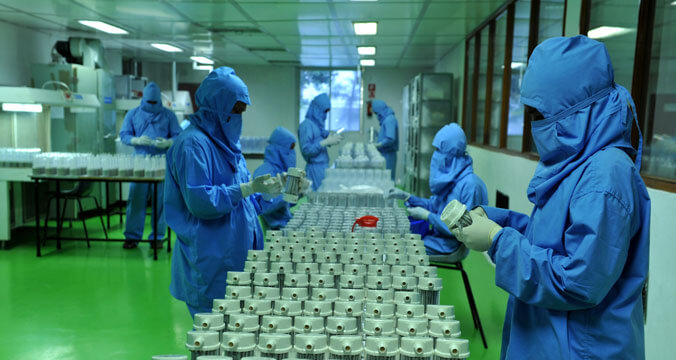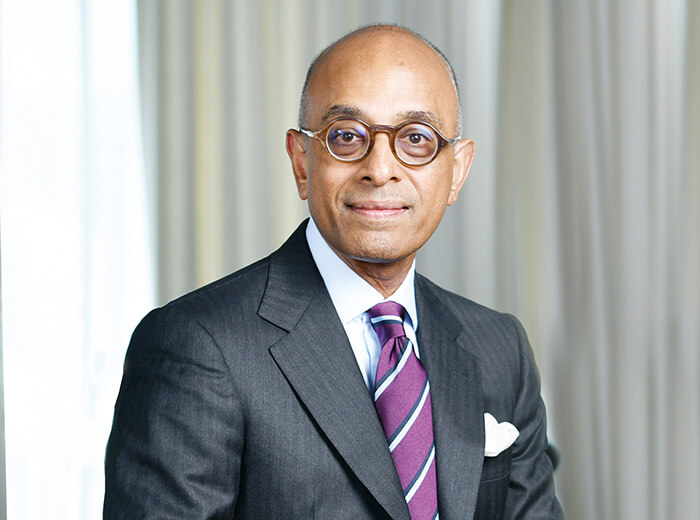MOBILISING TRUST
“We had years of value and trust to fall back on. This helped us sustain through COVID-19 while adopting new ways of working,”
says Ashwin Muthiah, Founder & Chairman, AM International.
The USD 2 billion, diversified, Singapore headquartered multinational group continues to distinguish itself as a business house built on societal trust. Committed to creating long-term value, the group maintains a strategic focus on predictability, sustainability, and value preservation.
So, how did the large industrial house, with subsidiaries across eight countries overcome challenges of shoring up cash, liquidity and continuing operations while keeping over 3000 employees safe?
To find out, we spoke to Mr. Muthiah. Here are edited excerpts from the conversation:
1. What were some of the challenges posed by COVID-19 to the group’s operations?
Initially, it seemed, the pandemic did not pose critical problems for our group companies, and it took us some time to ascertain the real and long-term challenges. Many of our companies produce essential goods and continued operations, albeit on a government guideline driven production plan. A few months into the pandemic, as the number of affected people began to rise, we started to run into challenges. Keeping our plants running was the key challenge as other office and administrative staff transitioned to a work from home environment.
Our plants and residential township provided for a safe and hygienic environment. And we implemented production schedules as per government mandates. But those who were outside our company’s residential township were worried about their safety and the well-being of their loved ones. We addressed issues related to employees’ access to work by leveraging technology and getting relevant permits for employee transport.
Moreover, for group companies that qualify for subsidy and are working capital intensive, we saw cash flows tightening. Payments were being released slower than usual. Banks were cautious towards additional lending. In an environment riddled with such challenges, ensuring liquidity was a priority.
2. What were the key strategies that helped AM International minimise the effects of the pandemic?
Firstly, I would attribute our resilience to the fact that we have been following a low leverage strategy for the last 7-8 years. Over the past few years, our companies have built substantial cash reserves owing to prudent financial practices, which were utilised effectively during the crisis. The value created over the years helped us sustain operations. As the promoter and a business leader, having skin in the game was the key.
Over the years, we have built a fabric of trust with our stakeholders – be it employees, distributors or partners, alongside customers. This allowed for greater collaboration, and we worked together to overcome obstacles and achieve win-win outcomes. Leveraging new-age technologies, we could quickly adapt and make changes in terms of policies and infrastructure so that our employees could be empowered to work remotely without any glitch or delay. As a strategy, I believe, these measures will help AM International businesses navigate the disruptions of the new decade.
“Firstly, I would attribute our resilience to the fact that we have been following a low leverage strategy for the last 7-8 years. Over the past few years, our companies have built substantial cash reserves owing to prudent financial practices, which were utilised effectively during the crisis. The value created over the years helped us sustain operations. As the promoter and a business leader, having skin in the game was the key.”
3. How are you addressing business uncertainty as the pandemic prolongs?
We have been tailoring our actions at every step to meet the evolving challenges of the pandemic. What has worked in our favour is resilience. Having a business continuity plan (BCP) across all companies helped to counter disruptions.
Agility is a critical attribute in keeping business on track as the pandemic stretches on. Our focus will be on navigating these times without damage to our credibility, reputation, and financial well- being. This is important in the current and future economic scenario as sometimes, there aren’t second chances.
4. Do you see any effects of the prolonged uncertainty on employee’s minds?
From my interactions with various teams, I can say everyone has experienced difficulties. Leaders and teams alike, feel stretched and stressed. In times like these, we have focused on offering support. Across our group companies, we have ensured we tide over the crisis with minimum disruption.
The pandemic has thrust upon us many changes. Our approach has centred on using this opportunity to change our priorities and make them healthier and more balanced – physically, mentally and socially.
5. Has there been any positive impact of the crisis?
Every crisis teaches us something. It would be a mistake not to take advantage of the situation. I have personally become more tech-savvy than before due to the virtual workspace. As a group, we have augmented our IT and technology infrastructure.
Additionally, COVID-19 has given me more opportunities and time to collaborate closely with our CEOs and leadership teams. While working on various aspects of managing the crisis, we created plans for driving growth for the near-term and long-term. Going forward, our businesses will align to new opportunities in the post COVID-19 world to stay relevant and competitive. It has been a time to reflect, reimagine and reorient ourselves for the future.







